The Canonization of Islamic Law: A Social and Intellectual History
The Canonization of Islamic Law tells the story of the birth of classical Islamic law in the eighth and ninth centuries CE. It shows how an oral normative tradition embedded in communal practice was transformed into a systematic legal science defined by hermeneutic analysis of a clearly demarcated scriptural canon. This transformation was inaugurated by the innovative legal theory of Muhammad b. Idrīs al-Shāfi'ī (d. 820 CE), and it took place against the background of a crisis of identity and religious authority in ninth-century Egypt. By tracing the formulation, reception, interpretation and spread of al-Shāfi'ī's ideas, the author demonstrates how the canonization of scripture that lay at the heart of al-Shāfi'ī's theory formed the basis for the emergence of legal hermeneutics, the formation of the Sunni schools of law, and the creation of a shared methodological basis in Muslim thought.
{{comment.content}}
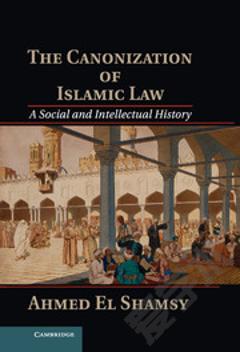
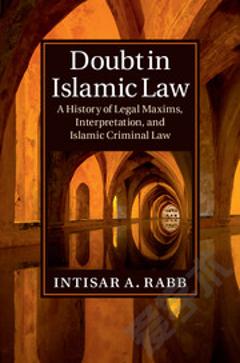
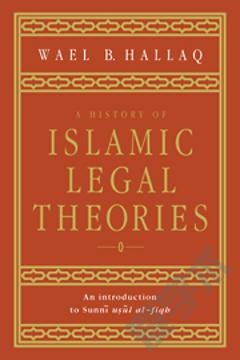
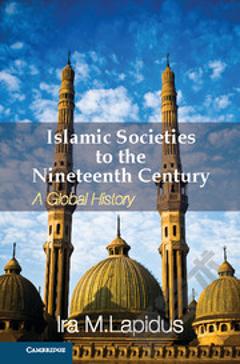
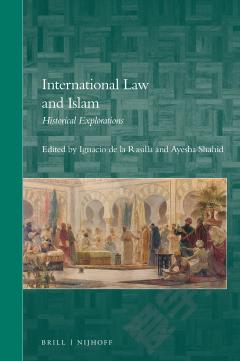

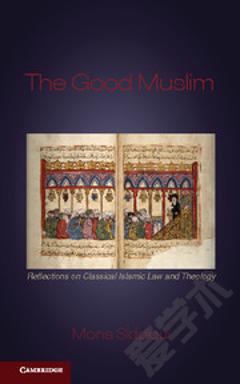

 京公网安备 11010802027623号
京公网安备 11010802027623号